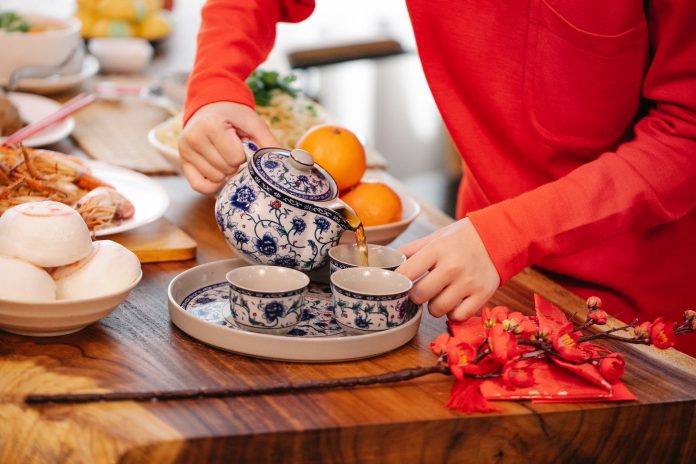Exotic woods and spices have long been used to create alluring and captivating fragrances. The allure of oriental fragrances lies in their ability to transport us to far-off lands, evoking a sense of mystery and intrigue. These fragrances have a rich history and a unique blend of ingredients that make them truly captivating.
The History of Oriental Fragrances
Oriental fragrances have a history that dates back centuries. They originated in the Middle East and were later adopted and perfected by the ancient Egyptians. These early fragrances were made using a combination of exotic woods, spices, and resins. They were highly valued and often used for religious ceremonies and as a symbol of wealth and power. Over time, oriental fragrances spread to other parts of the world, including India and China, where they were further refined and developed.
The Ingredients
Exotic woods and spices are the key ingredients that give oriental fragrances their unique and captivating aroma. Some of the most commonly used woods include sandalwood, cedarwood, and agarwood. These woods have a warm and woody scent that adds depth and complexity to the fragrance. Spices such as cinnamon, cardamom, and nutmeg are also used to create a spicy and aromatic base. These ingredients are often combined with floral notes such as rose, jasmine, and ylang-ylang to create a balanced and harmonious fragrance.
The Alluring Aroma
The allure of oriental fragrances lies in their rich and complex aroma. These fragrances are often described as warm, sensual, and exotic. The combination of the woods and spices creates a captivating scent that is both comforting and intriguing. The woody notes add warmth and depth, while the spices add a touch of spice and sensuality. The result is a fragrance that is both alluring and mysterious, making it the perfect choice for those who want to make a statement.
The Cultural Significance
Oriental fragrances hold a significant cultural importance in many countries. In the Middle East, for example, fragrances are an integral part of daily life and are used for various purposes, including religious rituals and personal adornment. These fragrances are also deeply rooted in the traditions and customs of these regions, making them a symbol of cultural identity. The allure of oriental fragrances extends beyond their captivating aroma and encompasses their cultural significance as well.
In conclusion, exotic woods and spices play a central role in the allure of oriental fragrances. Their rich history, unique blend of ingredients, captivating aroma, and cultural significance make them truly captivating. Whether you are drawn to the warm and woody scent of sandalwood or the spicy and aromatic notes of cinnamon, oriental fragrances offer a sensory experience that is both captivating and enchanting.



